The GameCube just turned 20: here’s why it’s indisputably Nintendo’s best console of all time
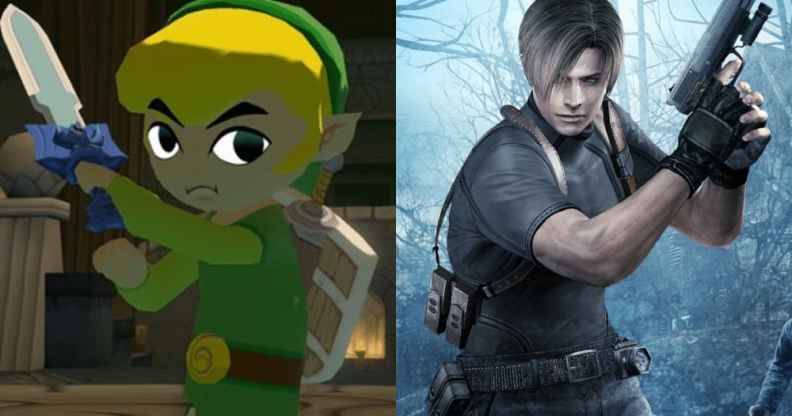
Wind Waker / Resident Evil 4. (Nintendo / Capcom)
Prepare to feel old: the Nintendo GameCube was released in Japan 20 years ago today.
At 22 million units sold, it is the second-worst selling Nintendo home console, above only the disappointing WiiU.
And yet it’s home to some of Nintendo’s best-ever games. What gives? Well, one thing that affected sales was the standard-issue GameCube’s lack of a DVD player, which was seen as a big issue at the time. This caused the console to take a huge hit in sales compared to the DVD-toting PS2.
But who cares about DVDs when you can have amazingly crafted, innovative and beautiful storytelling experiences? Not us. The reality is that the GameCube is low key Nintendo’s best console. Here’s why.
A timeless quality
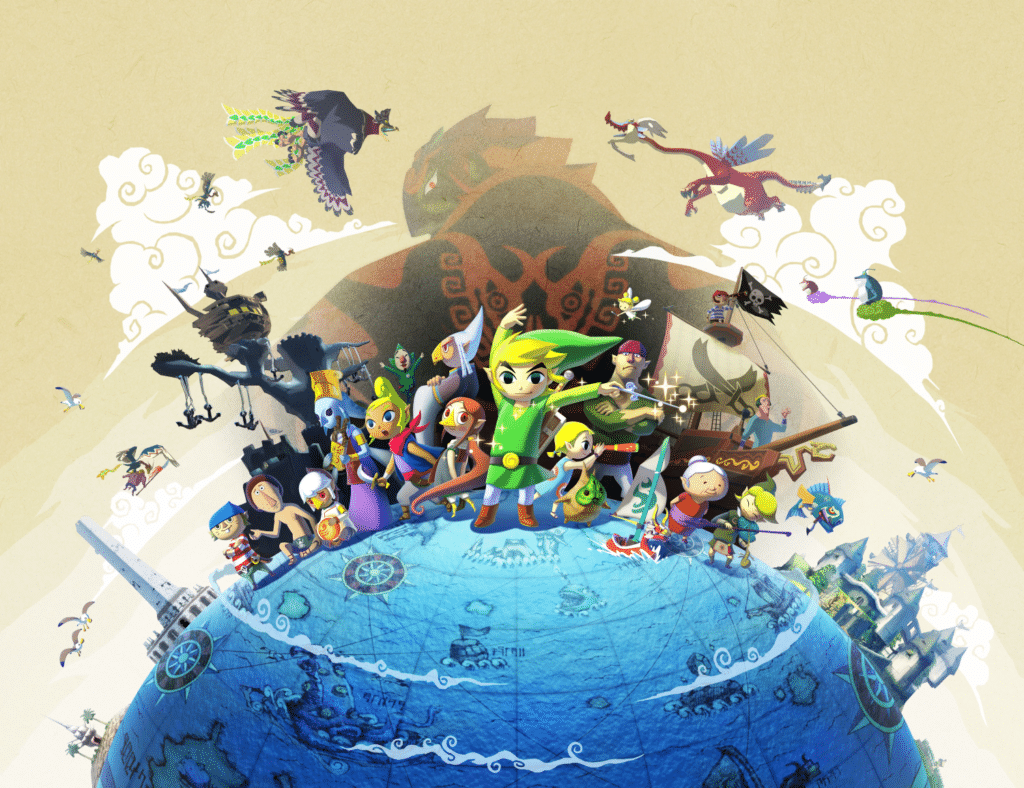
The Legend of Zelda Wind Waker. (Nintendo)
When the GameCube released in 2001, gaming was hitting puberty. An influx of “mature” games were on the way, featuring gritty storylines, brown textures and lots of guns.
Nintendo, though, released a purple toy box and the GameCube was ridiculed as for kids. The reaction to The Legend of Zelda: Wind Waker is emblematic of the console’s reception: instead of a mature and realistic game, fans laughed at the bright colours and cartoon style and gave it the moniker Celda for its unique cel-shaded aesthetic.
Thing is, Nintendo has always made universally appealing games for everyone. And the GameCube was no exception. It’s still beloved for its cute startup screen, adorable little discs, and the fact it had a handle, making it technically their first portable home console.
Its games are also timeless. Where all those supposedly mature games now feel incredibly dated – both visually and politically – Nintendo’s GameCube titles feel just as fresh and playable now as they did then.
Wind Waker, for instance, still looks stunning nineteen years after its release. Who’s laughing now?
The chunky controller
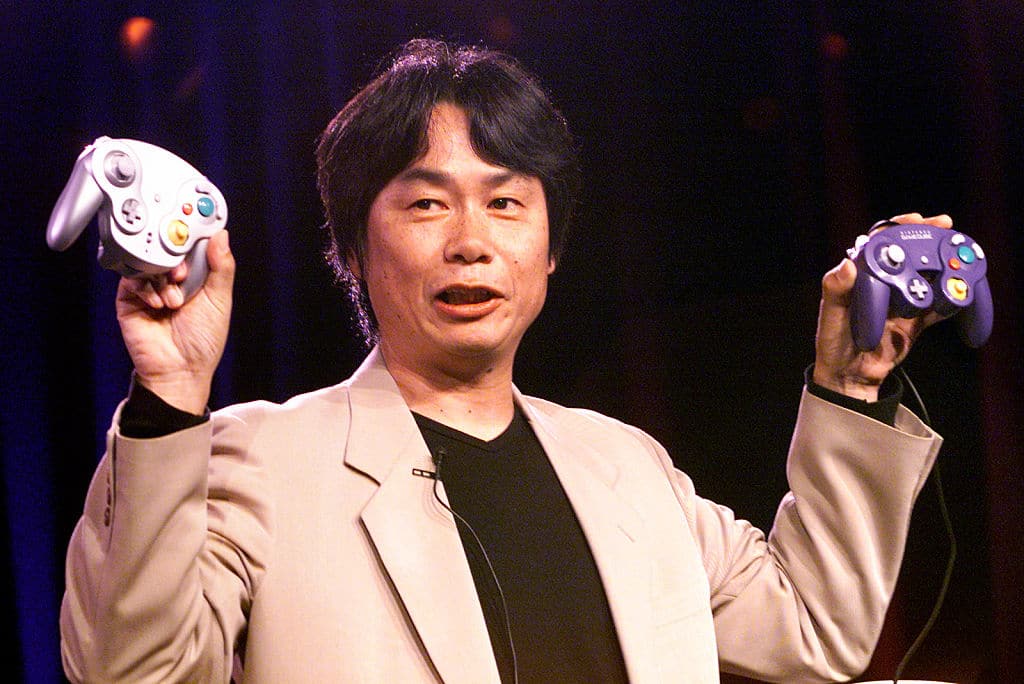
Shigeru Miyamoto with the GameCube controller. (Getty Images)
The GameCube controller may look a little weird, but its chunky design ensures it fits perfectly in the hand.
Taking in elements of the PlayStation dual shock with its double sticks meant it was comfortable with third-party games, but the button layout was suitable for simple games too.
That giant green A button sits exactly where your thumb rests and is an immediate indicator of your primary input. It’s intuitive for newcomers and veteran players alike. But there’s innovation too in the analogue shoulder triggers with extra clicky buttons beneath – the first console controller to have what’s now standard.
What’s more, with the Wavebird controller Nintendo created the first wireless controller: something many players nowadays take for granted.
Top entries in classic series
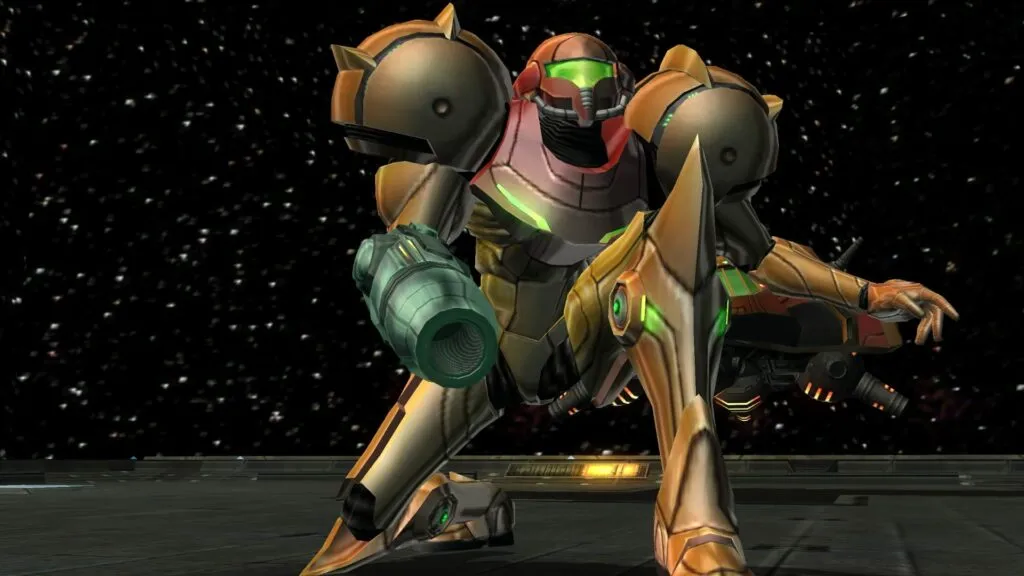
Metroid Prime. (Nintendo)
Super Mario Sunshine may have been released a couple of years into the console’s lifetime and was disappointing to some, but Mario aside the GameCube was home to some of the best entries in classic Nintendo series.
Metroid Prime is a (ahem) prime example. The console’s top-rated game according to Metacritic, it was the first 3D entry in the series and successfully transplanted 2D gameplay into a new dimension.
Then there’s the aforementioned Wind Waker, whose aesthetic ensures it remains a unique entry in the series. There’s F-Zero GX, a racing game so fast and so good that Nintendo still hasn’t released a follow up to better it. And with Paper Mario: Thousand Year Door and Super Smash Bros Melee, Nintendo polished two N64 titles into what became long-running series for the company.
It wasn’t just Nintendo either. Capcom were especially prolific on the GameCube, releasing two of the best entries in the Resident Evil series in Remake and Resident Evil 4, a series previously synonymous with the PlayStation. Sega ported across titles like Sonic Adventure 2 and Skies of Arcadia from its Dreamcast console. And when Namco released three versions of the iconic fighter Soul Calibur 2, the GameCube version featured Link from Zelda so was undoubtedly the superior choice.
Brand new experiences
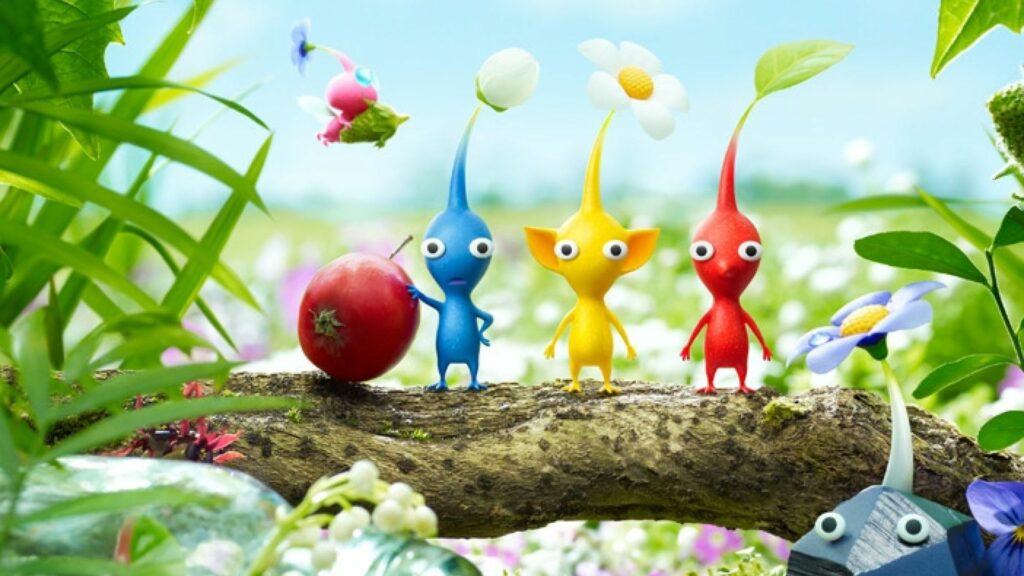
Pikmin 3. (Nintendo)
The GameCube was also home to some innovative games, some of which were the start of brand-new series.
The console may not have launched with a Mario game, but instead there was the adorably haunted Luigi’s Mansion and Sega’s bizarre Super Monkey Ball, both of which now have Switch entries. Shortly after launch there was Pikmin, a brand new IP from Shigeru Miyamoto only bettered by its sequel.
From third party developers, there were the likes of horror game Eternal Darkness with its innovative sanity meter and comic book spoof Viewtiful Joe that still deserves a follow up.
And everyone’s favourite 2020 game Animal Crossing? While it started life in Japan on the N64, it was the global GameCube release that began what’s now one of Nintendo’s most profitable series.
Innovation
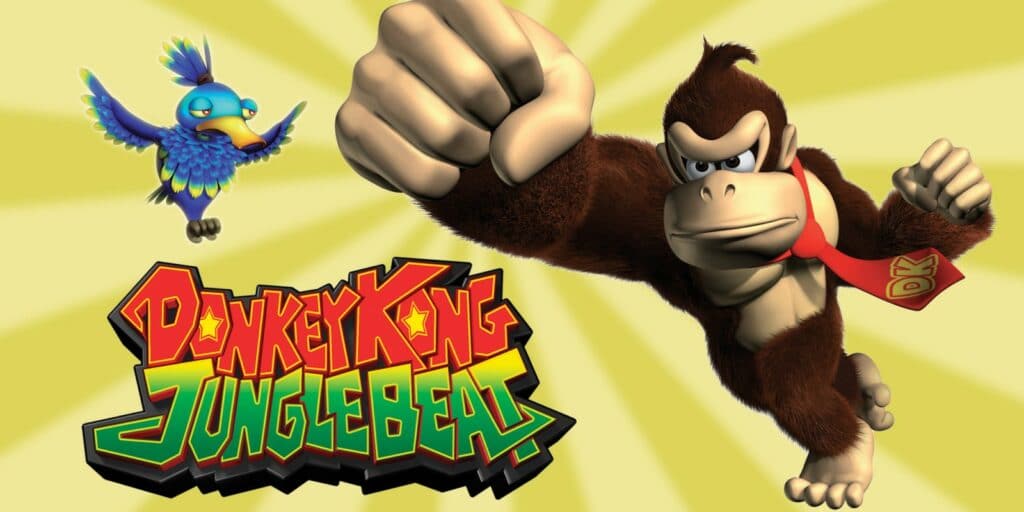
Donkey Kong Jungle Beat. (Nintendo)
Along with the Wavebird wireless controller, the GameCube was home to some innovative experiments.
A specially designed DVD version had a limited release and Nintendo even tested online play with a LAN adapter used for Mario Kart: Double Dash!! and others, even if it was limited compared to the competition.
Most infamous was the Game Boy Advance connection. It was certainly fiddly, requiring multiple players to own their own GBA console and a link cable. But the likes of The Legend of Zelda: Four Swords Adventures and Final Fantasy: Crystal Chronicles put a fun multiplayer spin on single player adventures only possible with this connection.
Best of all were rhythm game Donkey Konga and rhythm platformer Donkey Kong Jungle Beat that both used a special bongo controller to have players drumming along to the games. Banging like a gorilla never felt so good.
Thanks for everything, GameCube.
For more gaming news, follow Gaymeo on Facebook and Twitter. You can also email us with any news or tips on [email protected]

